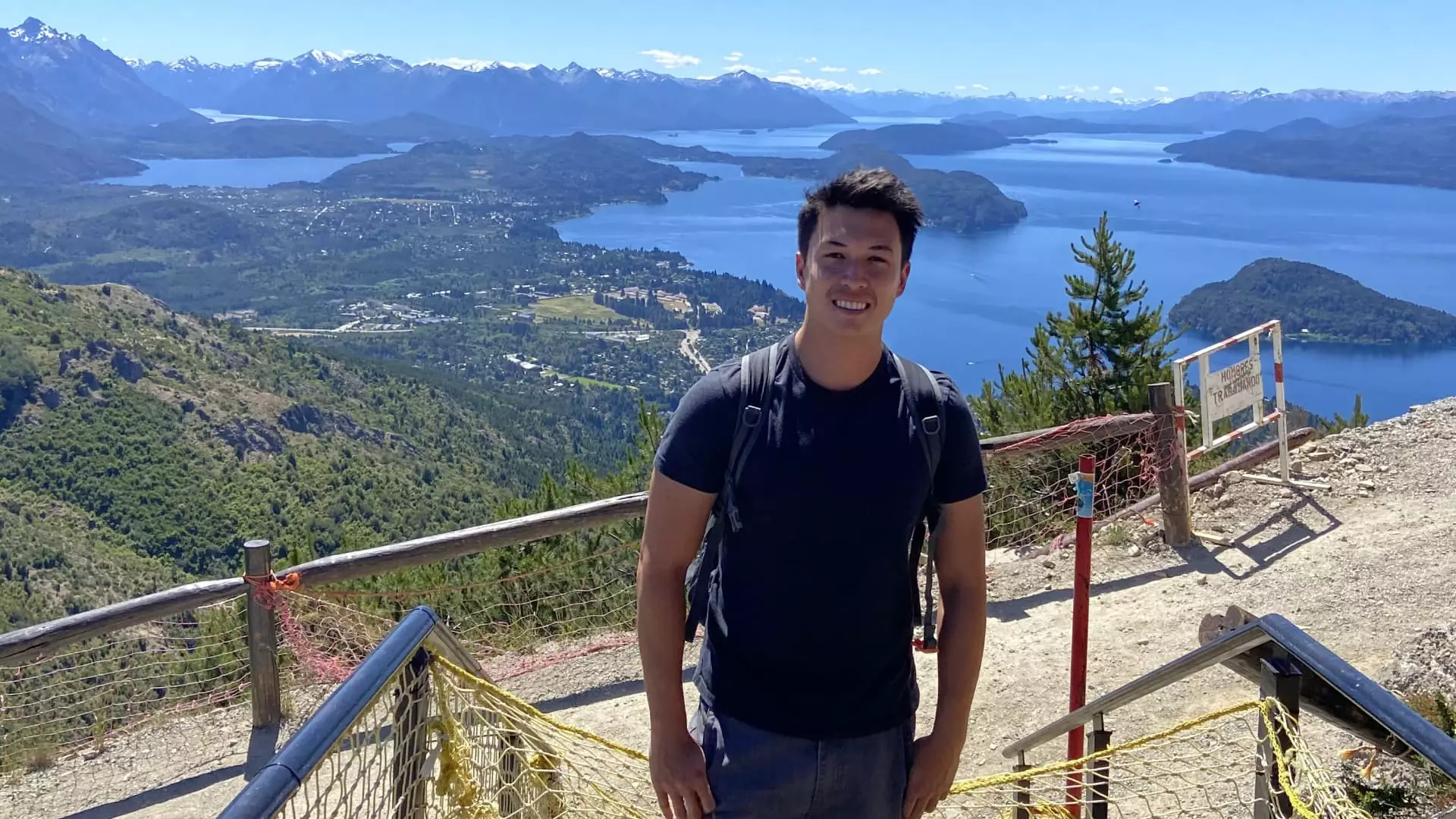A quarter-life sabbatical is becoming a popular choice for millennials in today’s uncertain job market. Rather than succumbing to the pressures of a quarter-life crisis, individuals like Peter Lancaster are taking this opportunity to embark on a journey of self-discovery. Peter, who was laid off from his job in California at the age of 31, decided to turn his unemployment into a chance to explore the world. By selling most of his belongings and setting off to countries like Mexico, Colombia, Peru, and more, he spent eight months traveling and learning valuable lessons along the way.
In his travels, Peter embraced the principle of staying flexible and open to change. His initial plan of spending four days in Peru quickly transformed into a six-week stay after meeting his girlfriend, Alejandra. Peter’s experience highlights the importance of being adaptable and willing to alter your course based on new opportunities that arise. Rather than sticking rigidly to a detailed itinerary, he learned the value of spending quality time with people he met along the way, enriching his journey with meaningful connections.
Carrying only a small backpack for the first few weeks of his trip allowed Peter to easily adapt to changing circumstances. By staying light on possessions, he remained agile and capable of adjusting his plans as needed. This minimalist approach not only saved him money but also provided the freedom to travel without being weighed down by unnecessary belongings. Peter’s experience serves as a reminder that material possessions are not a prerequisite for a fulfilling travel experience. Instead, focusing on the journey itself and being open to new experiences can lead to a more enriching adventure.
While Peter chose to stay in hostels for most of his travels, he emphasized the importance of connecting with fellow travelers. By engaging with people from around the world, he was able to gain unique insights and form lasting friendships. This sense of community and camaraderie added a deeper dimension to his travel experience, showcasing the value of human connection in a world filled with constant movement and change.
One of the key lessons Peter learned during his travels was the importance of enjoying local cuisine and immersing himself in the culture of each destination. By partaking in authentic dishes and engaging with the traditions of the places he visited, he was able to truly appreciate the richness of each location. This focus on experiences over possessions highlights the transformative power of travel and the impact it can have on one’s perspective.
In addition to embracing local culture, Peter also emphasized the importance of caution and awareness while traveling in foreign countries. By maintaining a level of vigilance and using the buddy system, he was able to navigate potentially risky situations and stay safe during his adventures. Peter’s approach to travel serves as a reminder that while exploring new places can be exhilarating, it is essential to prioritize safety and remain mindful of one’s surroundings.
At the end of his journey, Peter returned to the United States feeling content and grateful for the experiences he had gained. His quarter-life sabbatical had taught him the value of focusing on experiences rather than possessions, cultivating flexibility and adaptability, and embracing the richness of different cultures. As millennials continue to navigate a rapidly changing world, Peter’s story serves as a testament to the transformative power of travel and the importance of seeking fulfillment through meaningful experiences.


Leave a Reply